ASF Germany: 5 more infected wild boar confirmed
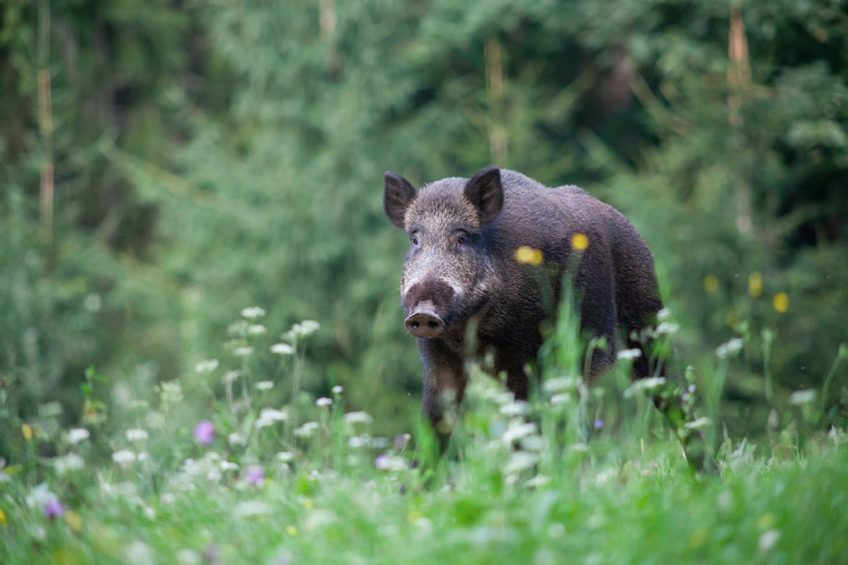
The state of Brandenburg in Eastern Germany has confirmed on Tuesday that 5 more wild boar have been found positive for African Swine Fever (ASF). Meanwhile, as countries over the world close their borders for German pork, top level talks are ongoing to get a regionalisation approach accepted in China.
That means that the reported finding last week Thursday was not an isolated incident. The 5 animals were found in the municipality Neuzelle in the Oder-Spree district. 4 animals had been found dead, a fifth (sick) animal was shot, according to the press release shared by Brandenburg state.
Official ASF confirmation to follow
The discovery of the African Swine Fever virus was confirmed by the state laboratory Berlin-Brandenburg. Samples will be sent to the German national reference lab at the Friedrich-Loeffler-Institut (FLI), which will have to formally confirm the outbreaks.
Neuzelle is located at 4km from the border with Poland. The town is located 7.5km north of the finding place of the first carcass, which was found last week in the Schenkendöbern municipality. The finding has been provisionally added to the map below; when more exact details will come in, this will be updated.
More details about the first carcass
In response to questions by Pig Progress, the FLI shared that the initial carcass of a female wild boar in Schenkendöbern, given the weather conditions and circumstances, had been dead for 2-4 weeks before it was found.
The new findings are most likely the result of new measures implemented by Brandenburg state. In a press release, it reported that all farmers and hunters were informed of the situation and the core zone with a radius of at least 3km from where the infected wild boar carcass was found, was completely fenced in with an electric fence on Saturday. Subsequently the search was intensified. Outside that zone, hunting of wild boar is significantly intensified.

Track the movement of African Swine Fever For everything you need to know about ASF, from the latest outbreaks to controls stay up to-date…
The new findings are most likely the result of new measures implemented by Brandenburg state. In a press release, it reported that all farmers and hunters were informed of the situation and the core zone with a radius of at least 3km from where the infected wild boar carcass was found, was completely fenced in with an electric fence on Saturday. Subsequently the search was intensified. Outside that zone, hunting of wild boar is significantly intensified.
Discussions about regionalisation
Meanwhile, Germany’s Federal Minstry of Food Agriculture (BMEL) is said to have started discussions with their Chinese counterparts to get the import ban off the table in China. According to Germany’s swine title SUS, key to these attempts is to have regionalisation acknowledged, which would mean that only pig meat from Brandenburg state would be included in the import ban. The ministry also pointed to the fact that German pig farms generally have a high biosecurity status, meaning that the risk of infection is low.
In the 1st 6 months of 2020, Germany exported about 400,000 tonnes of pigmeat to China.
Apart from China, also South Korea, Japan, the Phillippines, Brazil, Mexico and Argentina have announced to close their borders for German pig meat. Japan even went as far as to block all pork from Germany produced after August 2. An official document by the Ministry of Agriculture, Forestry and Fisheries confirmed that.
Measures in inner infection zone
According to European regulations, around the finding sites an inner zone is being established in which a lockdown is taking place; and an outer ring zone with increased surveillance. Local newspaper MOZ quoted Brandenburg’s agricultural minister Axel Vogel, who said that that inside the inner lockdown zone there are 182 farms. These farms, together having over 33,000 ha of arable land, are now not allowed to either sow or harvest.
Vogel added that in the hunting season 2019-2020 in Brandenburg alone about 100,000 wild boar were shot. That was a record since 1990.
In addition, Brandenburg state announced a reward for up to € 100-150 for every dead wild boar that is being found. Ursula Nonnemacher, state minister for consumer protection, said: “Dead wild boar are important indicator animals for determining the extent of the actual infection process. Only if we quickly know how far infected animals have spread the virus can we contain and eliminate it quickly.”
Join 18,000+ subscribers
Subscribe to our newsletter to stay updated about all the need-to-know content in the pigsector, three times a week. Beheer
Beheer

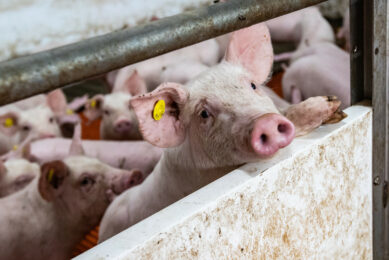
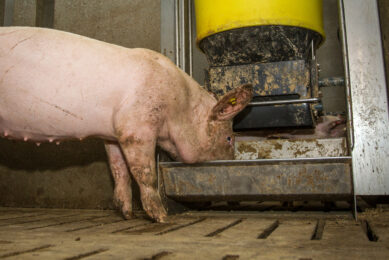
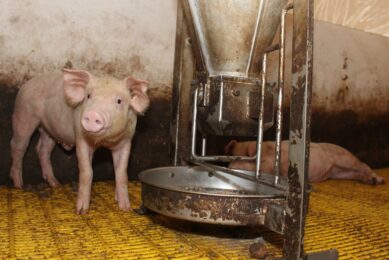
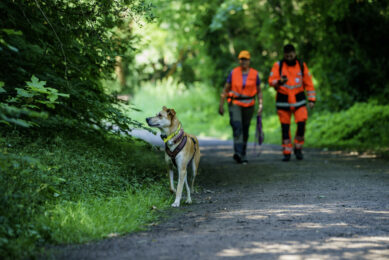








 WP Admin
WP Admin  Bewerk bericht
Bewerk bericht